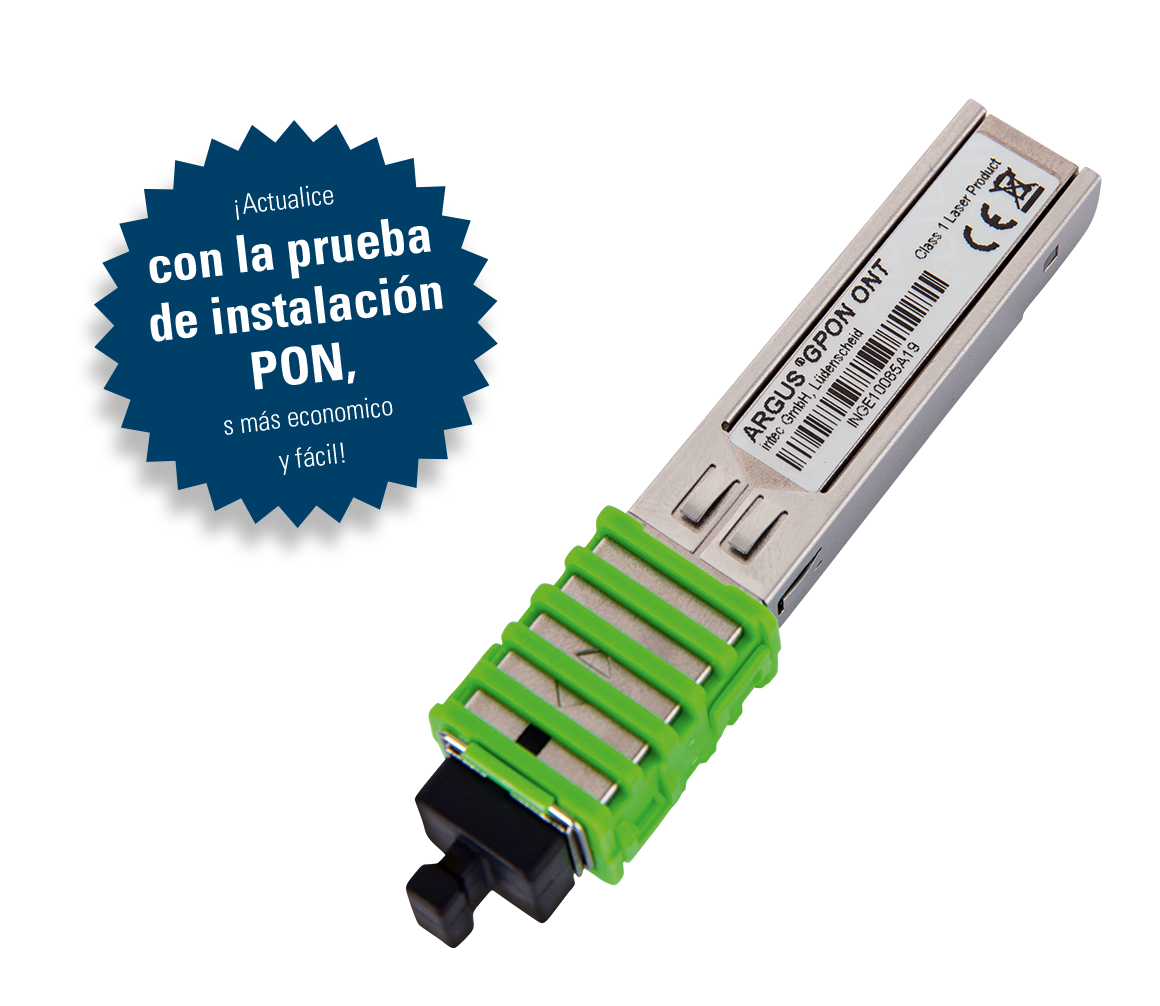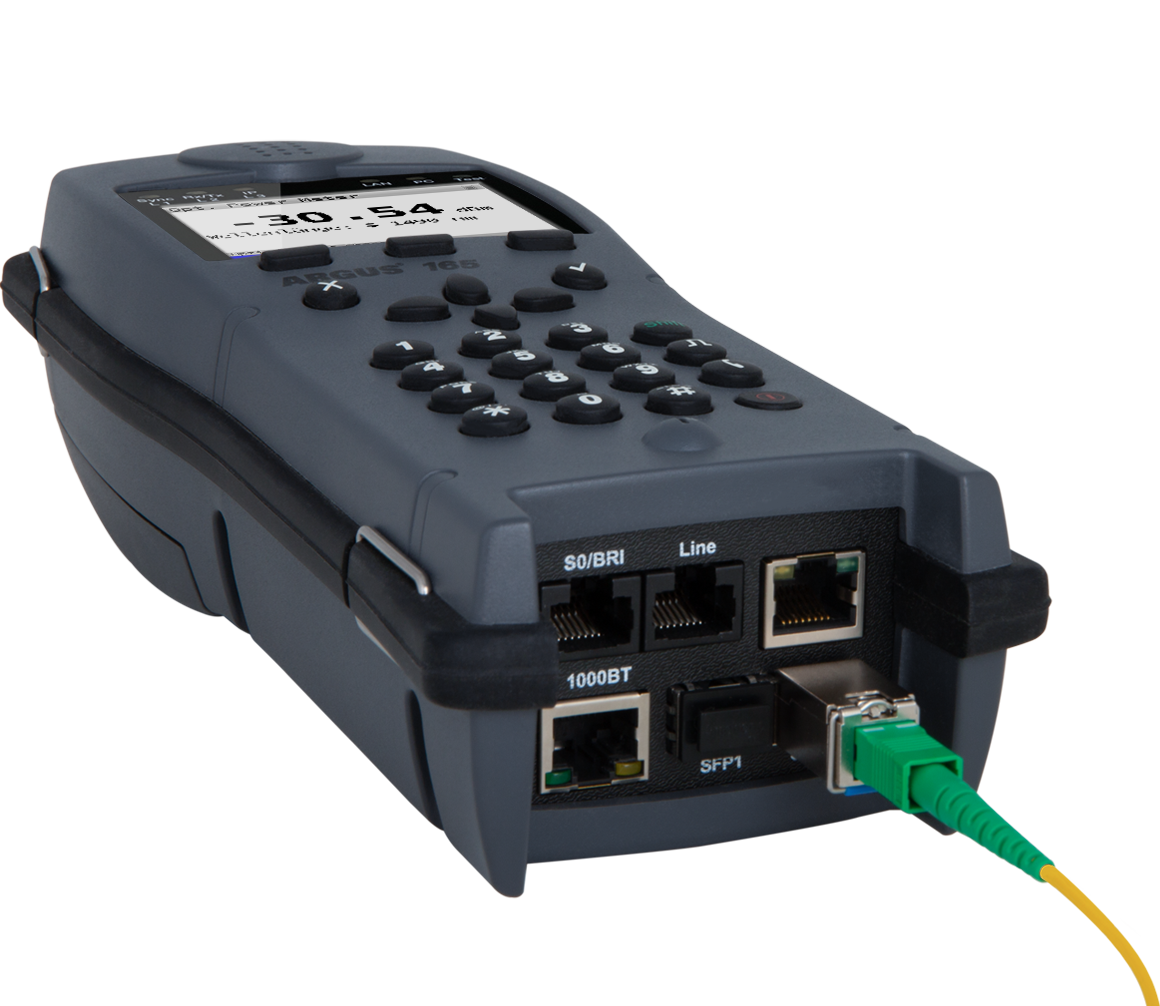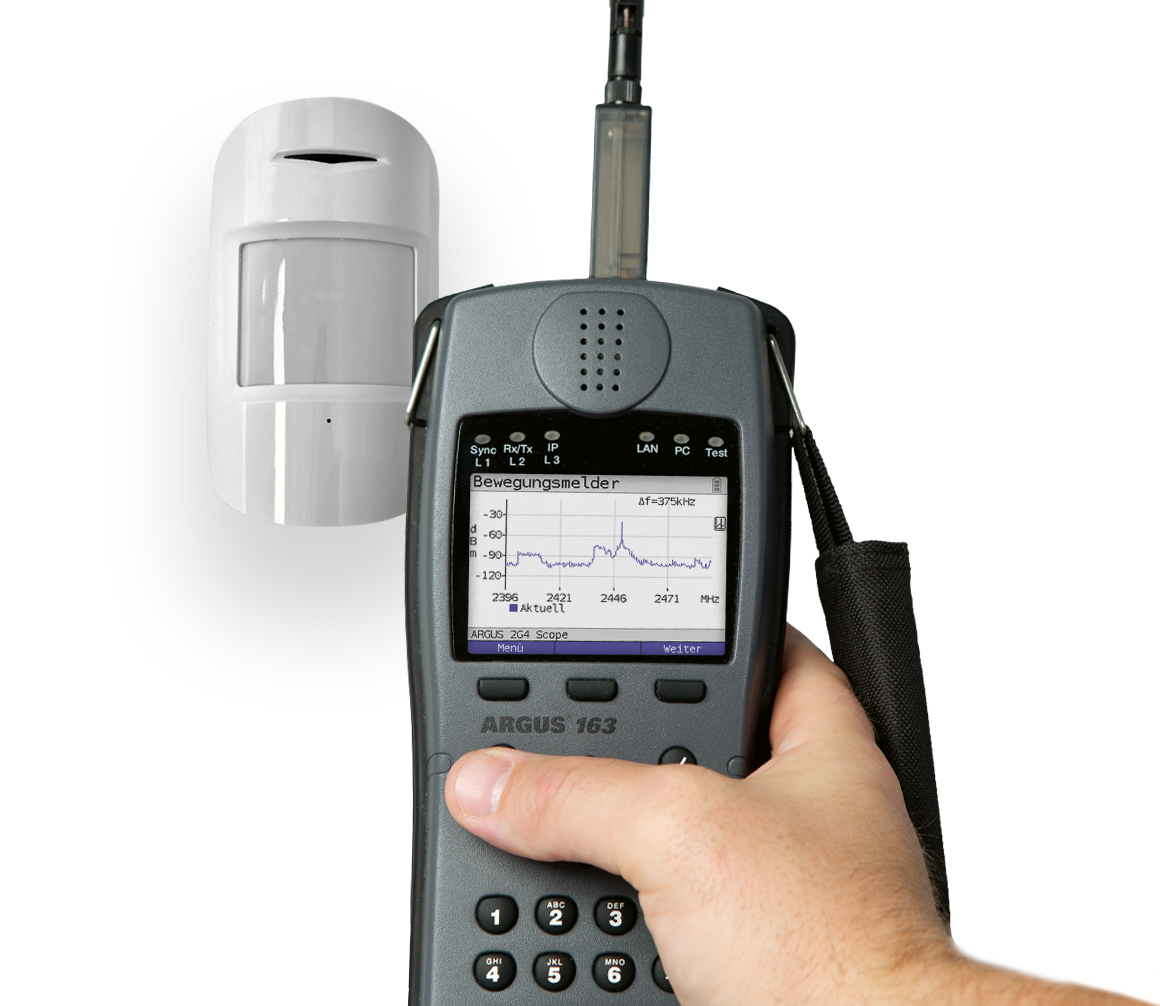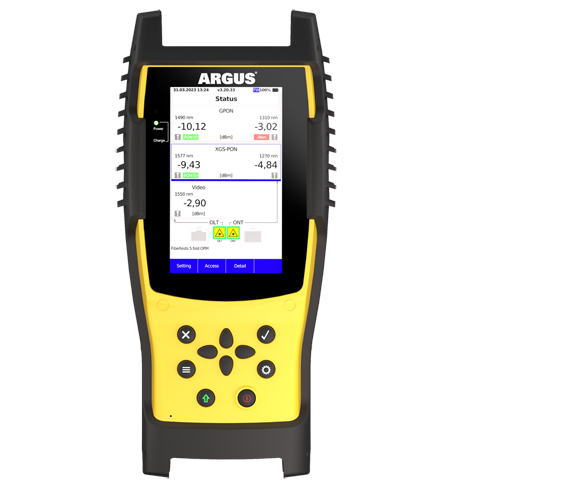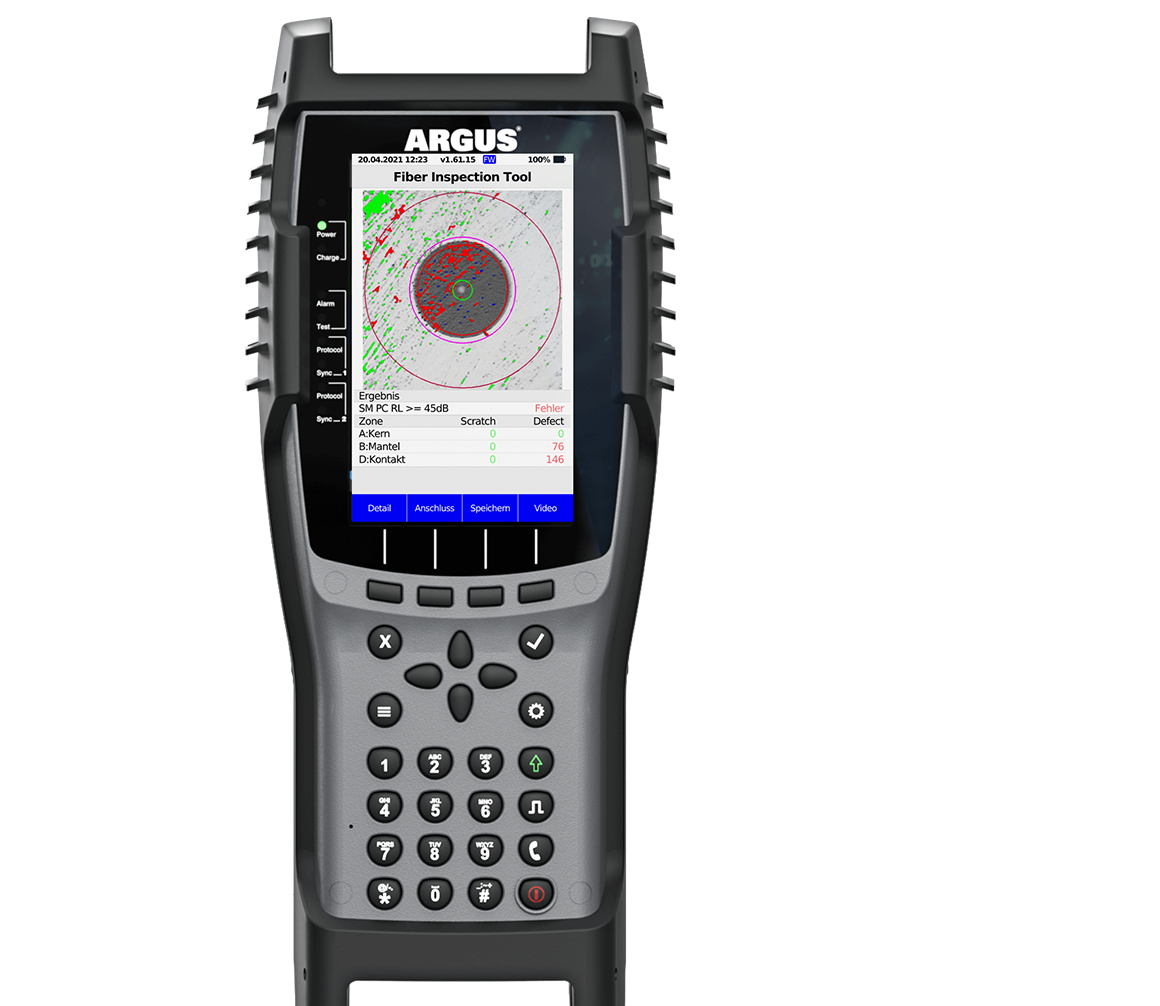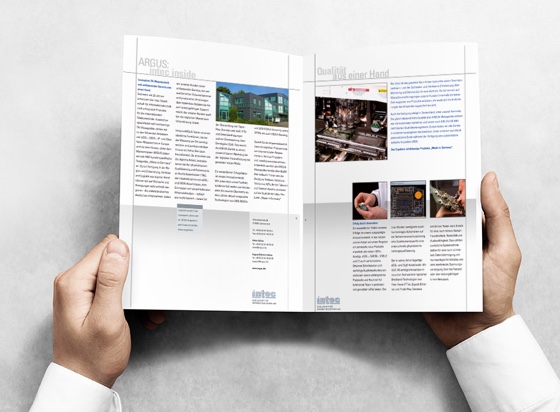General Terms and Conditions
intec Gesellschaft für Informationstechnik mbH
§ 1 Scope, form
(1) These General Terms and Conditions of Sale (GSC) apply to all our business relations with our customers ("Purchasers"). The GSC shall only apply if the Purchaser is an entrepreneur (§ 14 BGB), a legal entity under public law or a special fund under public law.
(2) The GSC apply in particular to contracts for the sale and/or delivery of movable goods ("goods"), irrespective of whether we manufacture the goods ourselves or purchase them from suppliers (§§ 433, 651 BGB). Unless otherwise agreed, the GSC in the version valid at the time of the Purchaser's order or at least in the version last notified to him in text form shall also apply as a framework agreement for similar future contracts without us having to refer to them again in each individual case.
(3) Our GSC apply exclusively. Deviating, conflicting or supplementary general terms and conditions of the customer shall only become part of the contract if and to the extent that we have expressly agreed to their validity. This requirement of consent applies in any case, for example even if we make the delivery to the customer without reservation in knowledge of the terms and conditions of the customer.
(4) Individual agreements made with the Purchaser in individual cases (including collateral agreements, supplements and amendments) shall in all cases take precedence over these GSC. Subject to evidence to the contrary, a written contract or our written confirmation shall be authoritative for the content of such agreements.
(5) Legally relevant declarations and notifications by the customer in relation to the contract (e.g. setting of a deadline, notification of defects, withdrawal or reduction) must be made in writing, i.e. in written or text form (e.g. letter, e-mail, fax). Legal formal requirements and further proof, in particular in cases of doubt as to the declarant's legitimacy, remain unaffected.
(6) References to the validity of statutory provisions have only a clarifying significance. Even without such clarification, the statutory provisions shall therefore apply, unless they are directly amended or expressly excluded in these GSC.
§ 2 Conclusion of contract
(1) Our offers are subject to change and non-binding. This also applies if we have provided the customer with catalogues, technical documentation (e.g. drawings, plans, calculations, references to DIN standards), other product descriptions or documents - also in electronic form - to which we reserve ownership rights and copyrights.
(2) The order of the goods by the customer is considered a binding contractual offer. Unless otherwise stated in the order, we are entitled to accept this contractual offer within 2 weeks of its receipt by us.
(3) Acceptance can be declared either in writing (e.g. by order confirmation) or by delivery of the goods to the customer.
§ 3 Delivery deadline and delay in delivery
(1) The delivery period is agreed individually or stated by us upon acceptance of the order. If this is not the case, the delivery period is approx. 2 weeks from conclusion of contract.
(2) If we are unable to meet binding delivery deadlines for reasons for which we are not responsible (non-availability of the service), we shall inform the customer of this without delay and at the same time inform him of the expected new delivery deadline. If the service is also not available within the new delivery period, we shall be entitled to withdraw from the contract in whole or in part; we shall immediately refund any consideration already rendered by the customer. In the event of non-availability of the service in this sense, the non-timely self-supply by our supplier shall in particular be deemed to have occurred if we have concluded a congruent hedging transaction, if we or our supplier are neither at fault or if we are not obliged to procure the goods in an individual case.
(3) The occurrence of our delay in delivery is determined in accordance with the statutory provisions. In any case, however, a reminder by the customer is required. We reserve the right to prove that the customer has not suffered any damage at all or only considerably less damage than the above lump sum.
(4) The rights of the Purchaser pursuant to § 8 of these GSC and our statutory rights, in particular in the event of exclusion of the obligation to perform (e.g. due to impossibility or unreasonableness of performance and/or subsequent performance), shall remain unaffected.
§ 4 Delivery, passing of risk, acceptance, default of acceptance
(1) Delivery shall be ex warehouse, where the place of performance for the delivery and any subsequent performance shall also be. At the request and expense of the customer, the goods will be dispatched to another place of destination (sale to destination). Unless otherwise agreed, we are entitled to determine the type of dispatch (in particular transport company, dispatch route, packaging) ourselves.
(2) The risk of accidental loss and accidental deterioration of the goods shall pass to the customer at the latest upon handover. However, the risk of accidental loss and accidental deterioration of the goods as well as the risk of delay shall pass to the forwarder, the carrier or any other person or institution designated to carry out the shipment upon delivery of the goods. If acceptance has been agreed, this shall be decisive for the transfer of risk. In all other respects, the statutory provisions of the law on contracts for work and services shall also apply accordingly to an agreed acceptance. Delivery or acceptance shall be deemed to have taken place if the customer is in default of acceptance.
(3) If the customer defaults in acceptance, fails to cooperate or delays our delivery for other reasons for which the customer is responsible, we are entitled to demand compensation for the resulting damage including additional expenses (e.g. storage costs). The customer shall be entitled to prove that we have incurred no damage at all or only substantially less damage.
§ 5 Prices and terms of payment
(1) Unless otherwise agreed in individual cases, our current prices at the time of conclusion of the contract shall apply, ex warehouse, plus statutory value-added tax.
(2) In the case of sale to destination (§ 4 para. 1), the customer shall bear the transport costs ex warehouse and the costs of any transport insurance requested by the customer. Any customs duties, fees, taxes and other public charges shall be borne by the customer.
(3) The purchase price is due and payable within 30 days of invoicing and delivery or acceptance of the goods. However, even in the context of an ongoing business relationship, we are entitled at any time to make a delivery in whole or in part only against prepayment. We declare a corresponding reservation at the latest with the order confirmation.
(4) The customer shall be in default upon expiry of the above payment period. The purchase price shall bear interest at the statutory default interest rate applicable at the time of the default. We reserve the right to claim further damage caused by default. Our claim to the commercial due date interest (§ 353 HGB) remains unaffected towards merchants.
(5) The customer is only entitled to set-off or retention rights to the extent that his claim is legally established or undisputed. In the event of defects in the delivery, the Purchaser's counter-rights shall remain unaffected, in particular pursuant to § 7 para. 6 sentence 2 of these GSC.
(6) If it becomes apparent after conclusion of the contract (e.g. by filing for insolvency proceedings) that our claim to the purchase price is endangered by the customer's inability to pay, we are entitled to refuse performance in accordance with the statutory provisions and - if applicable after setting a deadline - to withdraw from the contract (§ 321 BGB). In the case of contracts for the manufacture of unjustifiable goods (one-off products), we may immediately withdraw from the contract; the statutory provisions on the dispensability of setting a deadline remain unaffected.
§ 6 Retention of title
(1) We reserve title to the sold goods until all our current and future claims arising from the purchase contract and an ongoing business relationship (secured claims) have been paid in full.
(2) The goods subject to retention of title may neither be pledged to third parties nor assigned as security before full payment of the secured claims. The customer must inform us immediately in writing if an application for the opening of insolvency proceedings is filed or if the goods belonging to us are seized by third parties (e.g. seizures).
(3) In the event of breach of contract by the customer, in particular non-payment of the purchase price due, we shall be entitled to withdraw from the contract in accordance with the statutory provisions and/or to demand surrender of the goods on the basis of the retention of title. The demand for surrender does not also include the declaration of withdrawal; we are rather entitled to merely demand the surrender of the goods and to reserve the right to withdraw from the contract. If the customer does not pay the purchase price due, we may only assert these rights if we have previously set the customer a reasonable deadline for payment without success or such a deadline is unnecessary under the statutory provisions.
(4) Until revoked in accordance with (c) below, the customer is authorised to resell and/or process the goods subject to retention of title in the ordinary course of business. In this case, the following provisions shall apply in addition.
(a) The retention of title extends to the full value of the products resulting from the processing, mixing or combination of our goods, whereby we are deemed to be the manufacturer. If the property rights of third parties remain in force in the event of processing, mixing or combination with goods, we shall acquire co-ownership in proportion to the invoice values of the processed, mixed or combined goods. In all other respects, the same applies to the resulting product as to the goods delivered under retention of title.
(b) The customer hereby assigns to us as security all claims against third parties arising from the resale or subletting of the goods or the product, or in the amount of our possible co-ownership share in accordance with the above paragraph. We accept the assignment. The obligations of the customer specified in para. 2 shall also apply in consideration of the assigned claims.
(c) The customer remains authorised to collect the claim in addition to us. We undertake not to collect the claim as long as the customer meets his payment obligations to us, there is no defect in his performance and we do not assert the retention of title by exercising a right pursuant to para. 3. If this is the case, however, we can demand that the customer informs us of the assigned claims and their debtors, provides all information required for collection, hands over the associated documents and notifies the debtors (third parties) of the assignment. In this case, we are also entitled to revoke the customer's authority to further sell and process the goods subject to retention of title.
(d) If the realisable value of the securities exceeds our claims by more than 10%, we shall release securities of our choice at the request of the customer.
§ 7 Warranty claims of the customer
(1) The statutory provisions shall apply to the rights of the customer in the event of material defects and defects of title (including incorrect and short delivery as well as improper assembly or defective assembly instructions), unless otherwise specified below. In all cases, the statutory special regulations remain unaffected when the unprocessed goods are delivered to a consumer, even if the consumer has processed them further (supplier recourse pursuant to §§ 478 BGB). Claims from supplier recourse are excluded if the defective goods have been further processed by the customer or another company, e.g. by installation in another product.
(2) The basis of our liability for defects is above all the agreement made on the quality of the goods. All product descriptions which are the subject matter of the individual contract or which have been made public by us (in particular in catalogues or on our internet homepage) are regarded as an agreement on the quality of the goods.
(3) Insofar as the quality has not been agreed, it shall be assessed in accordance with the statutory provisions whether a defect exists or not (§ 434 para. 1 sentences 2 and 3 BGB). However, we accept no liability for public statements made by the manufacturer or other third parties (e.g. advertising statements).
(4) The customer's claims for defects presuppose that he has complied with his statutory inspection and notification obligations (§§ 377, 381 HGB). If a defect appears during delivery, inspection or at any later time, this must be reported to us immediately in writing. In any case, obvious defects must be reported in writing within 5 working days of delivery and defects not visible during the inspection within the same period of time after discovery. If the customer fails to carry out a proper examination and/or give notice of defects, our liability for the defect not notified or not notified in time or not notified in accordance with the statutory provisions shall be excluded.
(5) If the delivered item is defective, we can first choose whether we perform subsequent performance by eliminating the defect (rectification) or by delivering a defect-free item (replacement delivery). Our right to refuse subsequent performance under the statutory conditions remains unaffected.
(6) We are entitled to make the subsequent performance owed dependent on the customer paying the purchase price due. However, the customer is entitled to retain a proportionate part of the purchase price in relation to the defect.
(7) The customer must give us the time and opportunity necessary for the subsequent performance owed, in particular to hand over the goods complained of for inspection purposes. In the event of a replacement delivery, the customer must return the defective item to us in accordance with the statutory provisions. The subsequent performance does neither include the removal of the defective item nor the re-installation if we were not originally obliged to install it.
(8) The expenses necessary for the purpose of inspection and subsequent performance, in particular transport, travel, labour and material costs as well as, if applicable, removal and installation costs, shall be borne or reimbursed by us in accordance with the statutory provisions if a defect actually exists. Otherwise we can demand compensation from the customer for the costs arising from the unjustified request to remedy the defect (in particular testing and transport costs), unless the lack of defectiveness was not apparent to the customer.
(9) In urgent cases, e.g. in case of endangerment of operational safety or to prevent disproportionate damages, the customer has the right to remedy the defect himself and to demand compensation from us for the objectively necessary expenses. We must be informed immediately, if possible in advance, of such a self-execution. The right of self-performance does not exist if we would be entitled to refuse subsequent performance in accordance with the statutory provisions.
(10) If the subsequent performance has failed or if a reasonable period to be set by the customer for the subsequent performance has expired without success or is dispensable according to the statutory provisions, the customer may withdraw from the purchase contract or reduce the purchase price. In the case of an insignificant defect, however, there is no right of withdrawal.
(11) If the use of the delivery item leads to an infringement of industrial property rights or copyrights in Germany, we shall in principle procure the right for further use for the customer at our expense or modify the delivery item in a manner reasonable for the customer in such a way that the infringement of the property right no longer exists. If this is not possible on economically reasonable terms or within a reasonable period of time, the customer is entitled to withdraw from the contract. In addition, we shall indemnify the customer against undisputed or legally established claims of the respective property right owners. Our obligations in this regard are final, subject to the provisions of § 8 in the event of an infringement of industrial property rights or copyrights.
(12) The Purchaser's claims for damages or reimbursement of wasted expenses shall only exist in accordance with § 8 even in the case of defects and shall otherwise be excluded.
(13) Accessories such as rechargeable batteries, batteries, mains adaptors, cables or adaptors are excluded from any warranty.
(14) If warranty claims are asserted, they must be proven at the same time as the delivery of the device by presenting the warranty card and the purchase invoice. Warranty repairs are carried out on our premises.
§ 8 Other liability
(1) Insofar as nothing to the contrary arises from these GSC including the following provisions, we shall be liable in the event of a breach of contractual and non-contractual obligations in accordance with the statutory provisions.
(2) We shall be liable for damages - on whatever legal grounds - within the scope of liability for intent and gross negligence. In the event of simple negligence, we shall only be liable subject to a milder standard of liability in accordance with statutory provisions (e.g. for diligence in our own affairs)
a) for damages resulting from injury to life, body or health,
b) for damages resulting from a not insignificant breach of a material contractual obligation (the fulfilment of this obligation is essential for the proper performance of the contract and on whose compliance the contractual partner regularly relies and may rely); in this case, however, our liability is limited to compensation for the foreseeable, typically occurring damage.
(3) The limitations of liability resulting from para. 2 shall also apply to breaches of duty by or in favour of persons whose fault we are responsible for in accordance with statutory provisions. They do not apply if we have fraudulently concealed a defect or assumed a guarantee for the quality of the goods and for claims of the customer under the Product Liability Act.
(4) The customer may only withdraw from the contract or terminate the contract due to a breach of duty which does not consist of a defect if we are responsible for the breach of duty. The customer's free right of termination (in particular in accordance with §§ 651, 649 BGB) is excluded. In all other respects, the statutory requirements and legal consequences shall apply.
§ 9 Use of the software
If software is included in the scope of delivery, the customer is granted a non-exclusive right to use the delivered software including its documentation. It is provided for use on the delivery item intended for this purpose. Use of the software on another system is prohibited. The customer may only copy, revise, translate and convert the software from the object code to the source code to the extent permitted by law (§§ 69 a ff. Copyright Act). The customer undertakes not to remove manufacturer's details – in particular copyright notices – or to change them without our prior express consent. All other rights to the software and the documentation including copies remain with us or our software supplier. Sublicensing is not permitted.
§ 10 Limitation of actions
(1) Notwithstanding § 438 para. 1 no. 3 BGB, the general limitation period for claims arising from material defects and defects of title is one year from delivery. If acceptance has been agreed, the limitation period begins with acceptance.
(2) The above limitation periods of the purchase right also apply to contractual and non-contractual claims for damages of the customer, which are based on a defect of the goods, unless the application of the regular statutory limitation period (§§ 195, 199 BGB) would lead to a shorter limitation period in individual cases. However, claims for damages on the part of the customer pursuant to § 8 para. 2 sentence 1 and sentence 2(a) as well as under the Product Liability Act shall become statute-barred exclusively after the statutory limitation periods.
§ 11 Choice of law and place of jurisdiction
(1) The law of the Federal Republic of Germany shall apply to these GSC and the contractual relationship between us and the Purchaser to the exclusion of international uniform law, in particular the UN Convention on Contracts for the International Sale of Goods.
(2) If the customer is a merchant within the meaning of the German Commercial Code, a legal entity under public law or a special fund under public law, the exclusive – including international – place of jurisdiction for all disputes arising directly or indirectly from the contractual relationship shall be our place of business in Lüdenscheid. The same applies if the customer is an entrepreneur within the meaning of § 14 BGB (German Civil Code). However, in all cases we are also entitled to bring an action at the place of performance of the delivery obligation in accordance with these GSC or a prior individual agreement or at the general place of jurisdiction of the Purchaser. Priority statutory provisions, in particular regarding exclusive responsibilities, remain unaffected.
